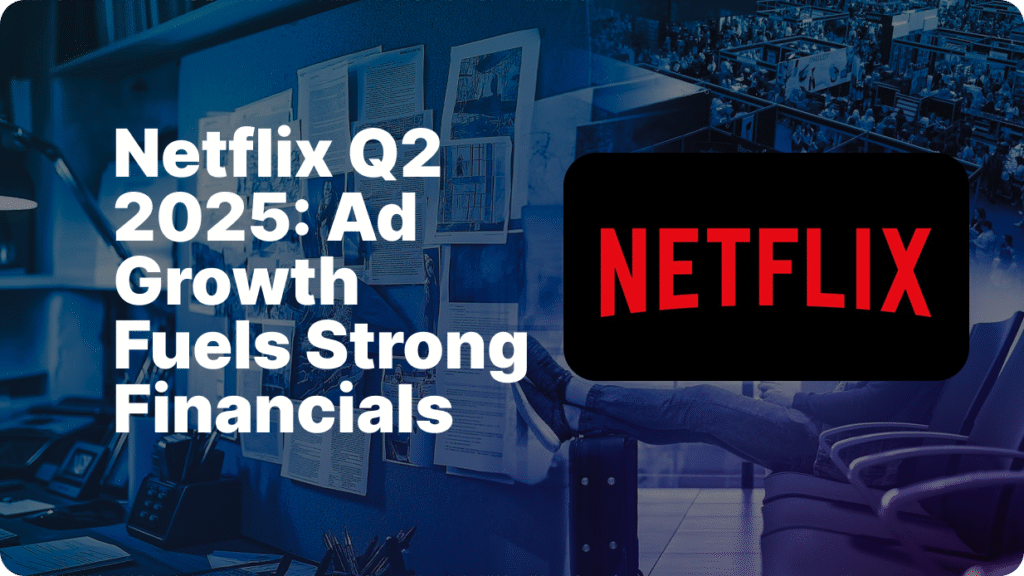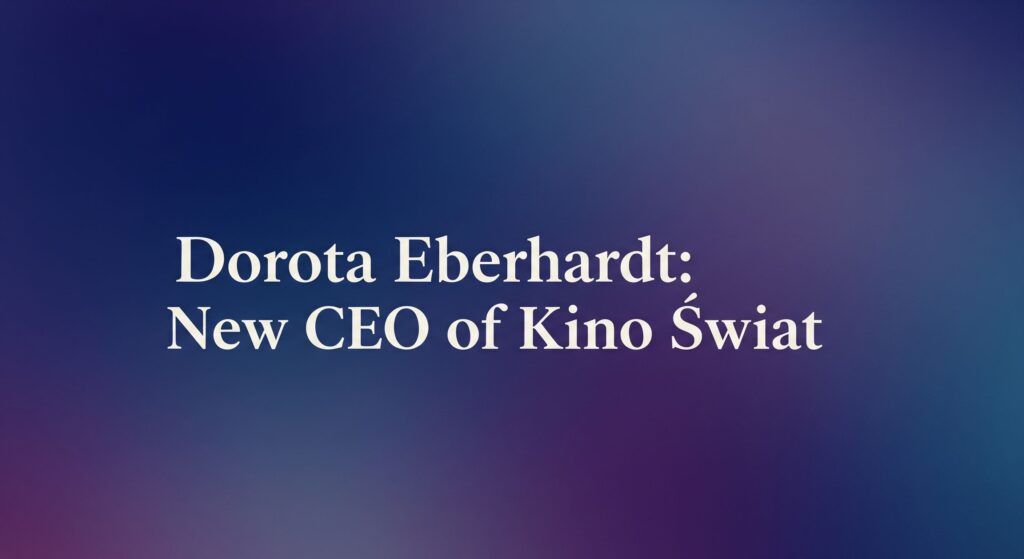It was timely that the announcement of DNEG Group’s Brahma AI arm acquiring the generative AI tech company Metaphysic came on Tuesday, coinciding with the annual HPA Tech Retreat held this week in Palm Springs. This event prominently featured discussions on AI, and this acquisition highlighted several anticipated trends, particularly the concept of convergence.
Insights from Industry Leaders
“Convergence is one of the main trends we expect to see by 2025,” predicted Renard Jenkins, president and CEO of I2A2, while presenting a slide showcasing numerous AI startups focused on the media and entertainment sector. He noted, “This can have both positive and negative implications. If your favorite tool is acquired by a company that may not fully appreciate its value or intends to limit its use, you might suddenly find yourself needing to adapt to a new tool. This can disrupt your workflow and development processes.”
Metaphysic’s Impact on VFX
Metaphysic has already made waves in the VFX industry, particularly with its technology used to age and de-age actors like Tom Hanks and Robin Wright in Robert Zemeckis’ film “Here,” which recently won a Visual Effects Society Award in the emerging technology category.
According to DNEG Group, the acquisition of Metaphysic aims to develop tools across various industries, with VFX being a crucial focus. This is especially relevant as DNEG Group includes the renowned VFX company DNEG, whose work on “Dune: Part Two” is currently nominated for an Oscar. At the HPA event, Jenkins highlighted that “the areas most affected by AI in media and entertainment right now are visual effects and sound.”
Learning from AI Integration
In another session, VFX veterans Barbara Ford Grant and Daniel Kramer shared their experiences from creating a personal project titled “Unhoused” using various AI tools. Ford Grant explained, “We engaged in an iterative cycle where we integrated different AI tools throughout the entire process, iterating through development, preproduction, production, and post.”
Kramer, a VFX supervisor at Sony Pictures Imageworks, emphasized the need for greater control in visual effects. “We require more precision in areas like facial animation, lip syncing, and compositing. I’m looking for tools that empower artists and help us work more efficiently and effectively.”
The Human Element in Filmmaking
Director David Slade (“30 Days of Night,” “The Twilight Saga: Eclipse”) remarked, “It’s not AI that creates the film; it’s the human with the idea and structure.” He noted that his previous experiences have been invaluable in his AI-related projects, stating, “This is not about replicating other films, but rather about preserving the cinematic language that has existed for over a century.”
Slade also believes AI will play a significant role in opening up new distribution channels, allowing for the creation of unique or niche films that may not appeal to everyone but can find their audience.
Innovative Perspectives from New Studios
Filmmaker Dave Clark, co-founder and chief creative officer at Promise, shared insights on developing their proprietary software, Muse. “This will enable us to operate at the speed of AI,” he explained, emphasizing the goal of creating a flexible production pipeline that adapts as technology evolves. Promise was established last fall with backing from Peter Chernin at North Road and Andrew Chen at Andreessen Horowitz.
Walter Woodman from Shy Kids, creators of the “Air Head” short using OpenAI’s Sora, cautioned against viewing AI merely as a means to produce content faster and cheaper. “My role is to create what was once deemed impossible,” he asserted.
“We aspire to be like Pixar and compete with Disney. What excites me about AI is its potential to level the playing field,” he added, expressing a desire to find their own “Steve Jobs.”
Diverse Opinions on AI’s Role
The retreat also featured a variety of perspectives, including insights from Hasso Basse, chief technology officer of Stability AI, and Richard Welsh, president of the Society of Motion Picture and Television Engineers and vice president at Deluxe.
Addressing Workforce Concerns
Amid these discussions, the future of Hollywood jobs remains a pressing issue, particularly following the 2023 labor strikes. However, Jenkins argues that research, including findings from the World Economic Forum, indicates that business leaders (not limited to filmmaking) prefer to reskill or upskill their existing workforce. He elaborated, “If anyone claims that AI will replace workers or artists, I believe they are misinformed about how these tools and systems should be utilized for maximum impact.”
“Upskilling is the way forward,” he concluded, urging those concerned about the industry’s trajectory to take proactive steps in their education and adaptation.

















































